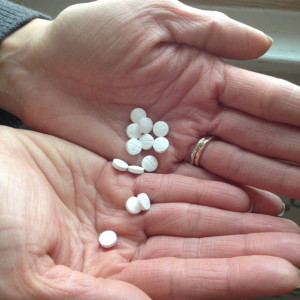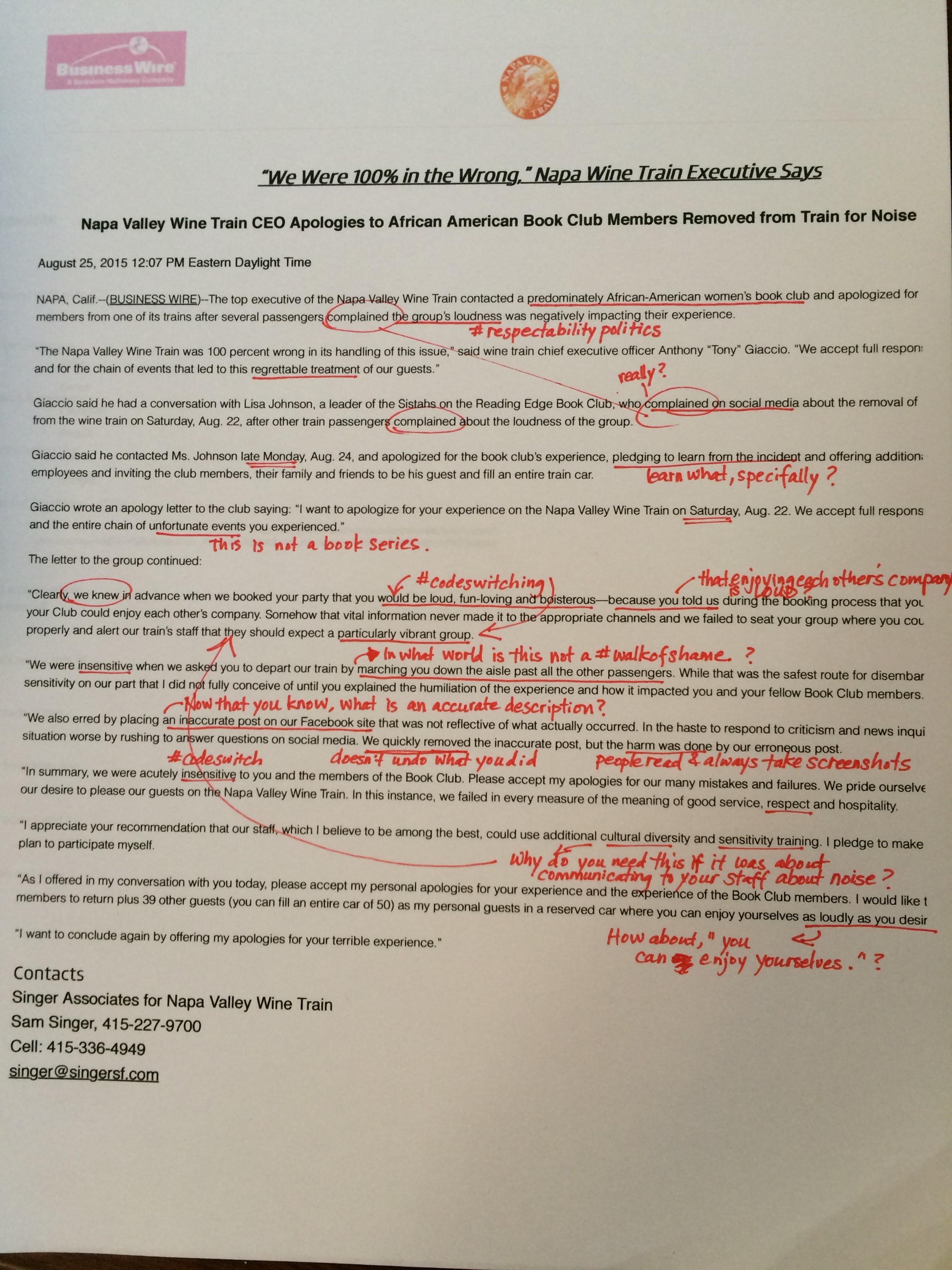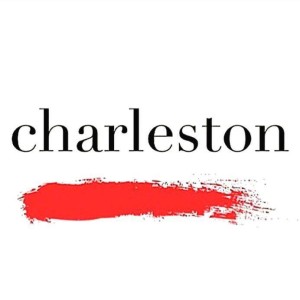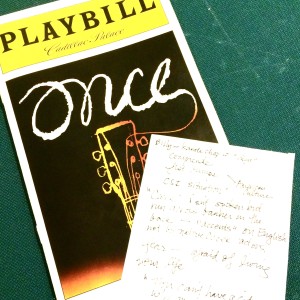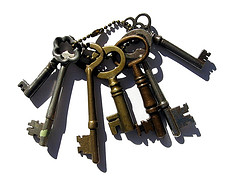Dear Readers,
This isn’t a well-thought out post. Think of it as a blogger’s version of James Joyce’s Ulysses – a book I read and studied in college in a class I almost failed.
It wasn’t until college I had ever considered myself an Asian American. I grew up Korean American. Some days more Korean than others, some days resenting the Korean I wore on my face, carried in my name, emitted from the smells of my home. Some days I was American when I allowed people to mispronounce my last name up until I headed off to college, when I argued with my parents for the privilege to attend a school dance, when I embraced my teenage angst that was more foreign to my parents than the English language.
I was Korean. I waited in school to learn about the Korean War during U.S. History and was confused when it was a passing mention as a “conflict.” I knew my grandmother had a Japanese name because she was alive during the Japanese occupation of Korea. I knew the significance of the Chinese characters used in my Korean name. I was not “Asian” because the common thread of geography and religion did not trump the distinct histories and culture.
I don’t actually have a great analogy, but the closest I could come up with has to do with friends who grew up in different parts of the country. You aren’t “just” a Californian. You are from LA or San Diego or Orange County, and friends have explained the importance of the distinctions. You aren’t “just” from New York because the boroughs are unique and distinct, and don’t get me started with upstate. I was a Chicago northsider until I moved to the burbs. And anything south of Chicago was southern Illinois, aka farmland.
But I got to college and “we” were lumped together, which was actually strangely comforting because there were so few of “us” with no spaces for us, no classes for us, and maybe no awareness we could be an “us” or “we” to request, expect, demand a say and a presence though that did come later. Everyone complained about the Asian teaching assistants and professors who spoke with heavy accents and were tough graders. I never actually interacted with any of those TAs or profs because I was a journalism major. Instead, I had journalism professors ask me where I learned my English, comment on my “almost” accent-free English (what?!), and ask me where I was from. “No, really, where are you from?”
My freshman year roommate asked me if she could borrow some of my clothes for rush and asked me if I was going to go Greek. I had absolutely no idea what she was talking about. It wasn’t until she explained sororities and fraternities did I laugh in her face and tell her to wash whatever she borrowed and return it in the same condition as she found it in my closet. She didn’t understand that system wasn’t set up for people like me. She didn’t see it as a racialized system. Never mind the black sororities and fraternities on campus, which again I had to learn were a different system entirely. And being in the Midwest the Asian American Greek houses had not yet made their way over.
I’ve said this before. It’s difficult to “see” things as racist or racialized when the systems have always been designed and created for the success and flourishing of white people – even as the category of “white” evolves.
And in the evolution of whiteness, “Asian America” is also not included. We are perpetual foreigners, lumped together for the convenience of a culture and country that doesn’t want to bother with uniqueness even as we Americans revel in our unique place in history. The term Asian American erases the need to explain the difference between East Asian and South Asian and Southeast Asian. It means a false narrative to success and erasure. Why learn about the Japanese internment during WWII when it didn’t really impact all Asian Americans? Why learn about the Chinese Exclusion Act because Chinese aren’t Americans, right? Why talk about Vietnamese, Laotian, Hmong refugees to America because that doesn’t fit into the Model Minority label? Why complicate things? Even the label of “Model Minority” reminds me of my “otherness” and our success in relationship to our behavior that is measured by the majority culture’s standards – white culture standards.
It’s always worth mentioning. Asian Americans are not white. Even when we don’t appear in stats. Even when we are called, or call ourselves, the model minority. Even when the conversations about race don’t include us, Latinos, or Native Americans. Why does that matter? Because right now #blacklivesmatter and I support the need to focus attention on what has been ignored because, quite frankly, I know as a Korean American who became Asian American, I know what it’s like to be ignored, erased, silenced.
